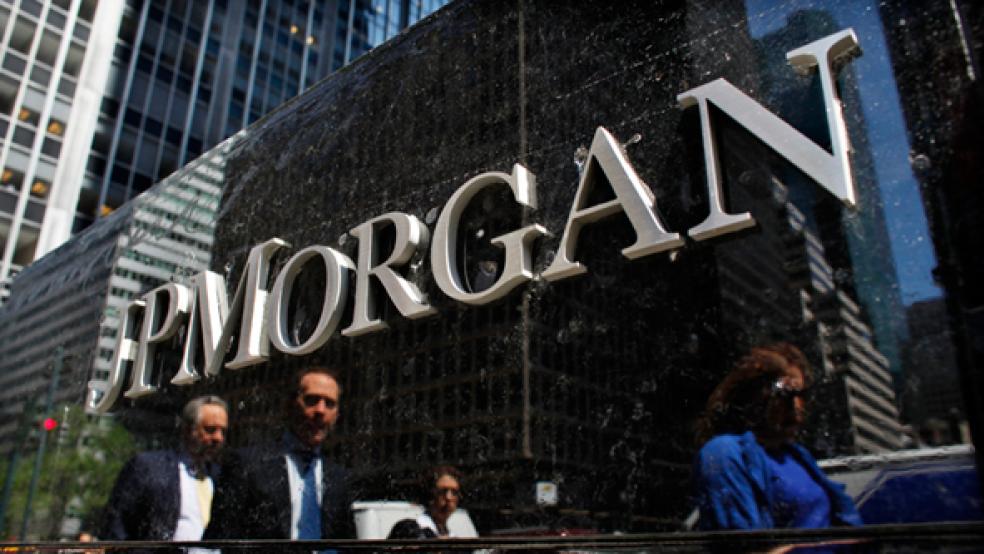JPMorgan Chase & Co agreed on Tuesday to pay $410 million to settle allegations of power market manipulation in California and the Midwest, the latest in a series of high-profile inquiries by U.S. federal energy regulators.
The settlement, announced by the Federal Energy Regulatory Commission (FERC), will allow Chief Executive Jamie Dimon to close the books on one of several costly run-ins with regulators over the past year. It came days after the bank said it was quitting the physical commodities business.
RELATED: JPMORGAN'S COMMODITIES EXIT: A WIN FOR REGULATORS?
JPMorgan Ventures Energy Corp, the commodity trading unit that became one of the biggest U.S. electricity traders with the 2008 acquisition of Bear Stearns, agreed to pay a civil penalty of $285 million and disgorge $125 million for "manipulative bidding strategies" September 2010 through November 2012.
It is the second largest penalty in FERC history.
JPMorgan has already sold the rights to buy the gas and sell the power from its California plants.
JPMorgan spokesman Brian Marchiony said the settlement would "not have a material impact on our earnings" because the bank had previously set aside reserves.
FERC said JPMorgan admitted the facts in the agreement, but "did not admit or deny the violations."
Dimon has moved this year to resolve multiple government investigations and correct problems that regulators have found at the bank.
The deal also came amid unprecedented political scrutiny of Wall Street's involvement in the raw materials supply chain. Lawmakers have questioned whether banks should own metals warehouses and power plants, while the U.S. Federal Reserve reviews a landmark 2003 decision that first let them trade commodities.
As expected, the FERC deal did not cite specific traders or JPMorgan's commodities chief Blythe Masters, who spent billions of dollars over the past five years to build JPMorgan's oil, power, gas and metals business.
JPMorgan had vowed in May to fight the FERC charges and dispute allegations that employees lied or acted inappropriately in the matter. But it later entered settlement discussions.
This article is by Scott DiSavino and Jonathan Leff of Reuters.




